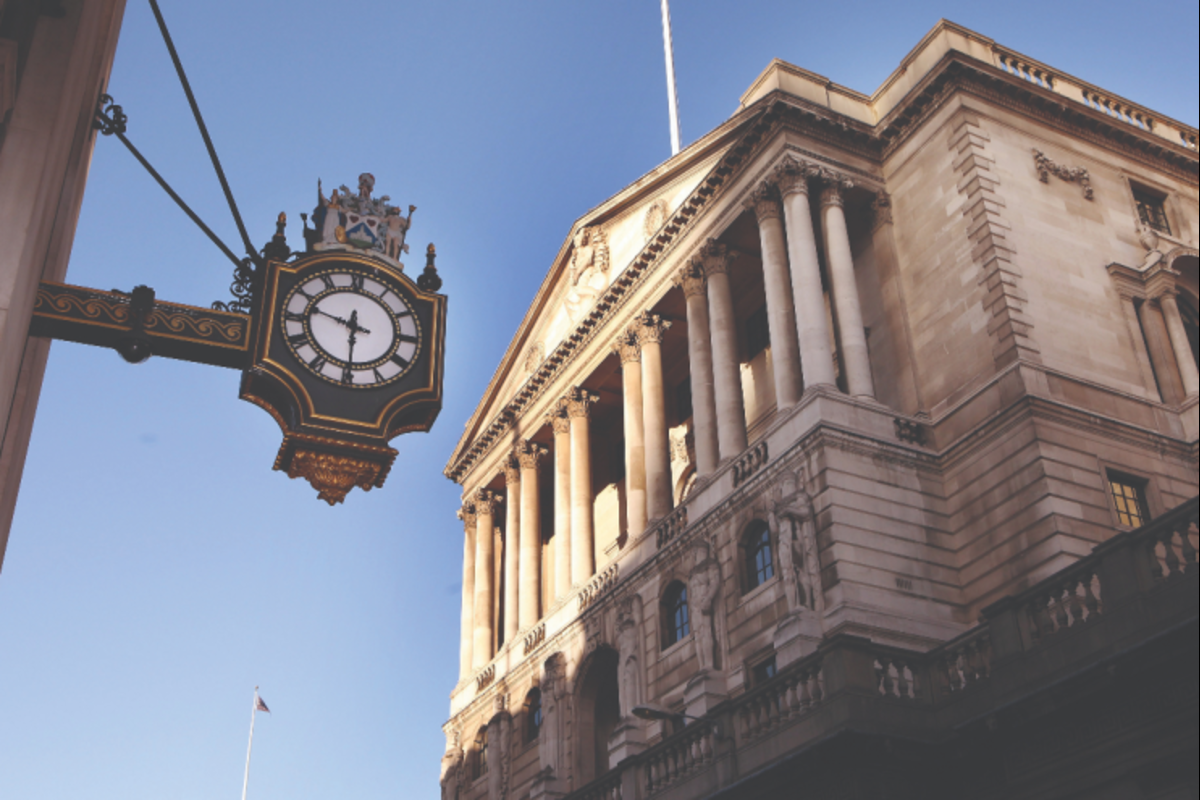Copyright cityam

The Bank should cut rates by 25 basis points today to prevent stagnation becoming entrenched, says Damian Pudner On Thursday, the Bank of England will announce its latest decision on interest rates. Less than three weeks later, on 26 November, the Chancellor will deliver her second tax-raising Budget, despite promising that last year’s would be a “once-in-a-parliament” event. Between them, the UK’s two most powerful economic players risk tightening simultaneously and pushing an already fragile economy over the edge. Bank Rate has been held at four per cent since August, even as inflation has fallen faster than the Bank expected, dropping to 3.8 per cent in September, and is expected to drift lower over the coming months. Growth remains abysmal. GDP expanded by just 0.3 per cent in the three months to August, while business investment fell again in the second quarter and job vacancies continue to decline, down 13.8 per cent in the three months to September and remain 9.8 per cent below pre-Covid levels. Unemployment has climbed to a four-year high of 4.8 per cent and private-sector wage growth – a figure closely watched by the Bank – has cooled to 4.4 per cent with further moderation likely. Money markets currently price around a one-in-three chance of a rate cut this week, suggesting most traders still expect the Bank to sit tight, though they shouldn’t. The growth outlook is weaker than the Bank admits, and inflation is falling faster than either the MPC or most City forecasters expect. Business confidence has hit “rock bottom”, according to the latest Institute of Directors survey, while services inflation is easing, goods prices are softening and the forthcoming Budget will only add to the pressure. The danger now isn’t overheating but contraction. Constraining growth Current policy is already constraining growth. The drag from earlier rate rises is still feeding through to households coming off fixed-rate mortgages, and every month of delay increases the risk that the Bank will have to cut more aggressively next year. That is why I expect a close 5-4 vote in favour of a 25bp cut when the decision is announced at noon on Thursday. Concerns that a modest cut might reignite inflation are misplaced; it would simply shift policy from “too tight” to “tight enough”. The Bank was slow to raise rates when prices first surged, and it should not repeat that mistake in reverse as inflation fades and the economy stagnates. A cut would also bring the Bank into step with the US Federal Reserve, which lowered rates last week and paused its balance-sheet run-off as inflation steadied and the labour market softened. Over the past year, the Bank has reduced its balance sheet by around £100bn and plans to shrink it by another £70bn in the year ahead – a process that has pushed up long-term gilt yields needlessly, drained liquidity and added billions to the Treasury’s interest bill. That strategy no longer adds up. The Bank should call time on active gilt sales and allow bonds to mature naturally. The fiscal backdrop makes early action all the more urgent. The Budget is expected to raise around £25-£30bn (roughly one per cent of GDP), largely through higher personal taxes and yet another freeze in allowances. Some economists put the figure closer to £40bn, which would push the overall tax burden to a post-war high of around 38 per cent of GDP. Middle-income households and small firms, already struggling under higher borrowing costs, will bear the brunt. And with the OBR expected to downgrade productivity forecasts, widening the fiscal gap by up to £20bn, the risk of a policy-induced downturn grows clearer by the day. If the Bank stands still while the Chancellor tightens the fiscal screws, monetary policy will turn a slowdown into something far more painful Pre-budget briefings suggest the Chancellor could announce a 2p rise across all three income tax bands – 20, 40 and 45 per cent – offset by a matching 2p cut in National Insurance. Such a move would fall hardest on pensioners and the self-employed. Other proposals under discussion include reforming council tax bands, a mansion tax on properties worth over £2m, and even an exit charge on high-net-worth individuals leaving Britain for more favourable tax regimes. The Chancellor may feel bound by her fiscal rules, but the Bank is not. Its duty is to maintain price and financial stability while supporting the government’s wider economic goals, including growth and employment. If fiscal and monetary policies tighten together, the outcome will be weaker demand, lower investment, and rising unemployment. Critics warn that cutting rates now could undermine the Bank’s credibility, especially as inflation remains nearly double the Bank’s target. Yet, forward inflation expectations remain well anchored, the labour market is clearly losing momentum, and the greater risk lies in over-tightening. If the Bank stands still while the Chancellor tightens the fiscal screws, monetary policy will turn a slowdown into something far more painful. A small rate cut and an end to active QT would show that the Bank understands its duty to act before the damage becomes permanent. With a painful Budget on the horizon, Britain cannot afford to put both feet on the brake. If the Chancellor insists on tightening, the least the Bank can do is move first, and stop tightening too. Damian Pudner is an economist



